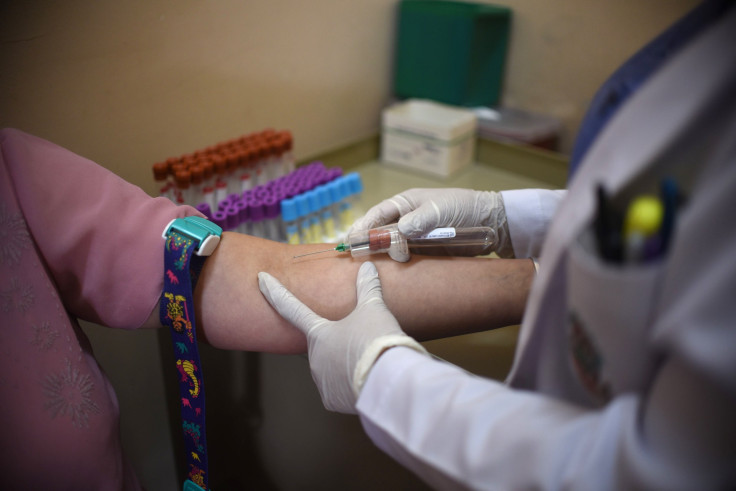New Cancer Test Detects Tumors And Their Location From Routine Blood Samples

Scientists have developed a simple blood test that can detect cancer, and where it is in the body, before symptoms emerge. The non-invasive test could be included in annual health check-ups, researchers said, improving early detection of the disease and potentially increasing survival rates.
A team of researchers led by scientists from the University of Southern California and the University of California Los Angeles created the technology, which they dubbed CancerLocator. The test analyzes free-floating DNA in blood samples and can tell if the DNA is from a tumor, and if it is, what kind of tissue the tumor originated from — breast, liver or lung. The research was published Friday in Genome Biology.
Read: What Causes Cancer? Mostly Random ‘Mistakes’ In Copying DNA, Study Finds
One of the research team's leaders told the Independent the test could be available within a year.
"It depends on training data, testing and machine learning,” Jasmine Zhou, a professor of pathology and laboratory medicine at UCLA, told the Independent. “With enlarged training and testing data we are confident to achieve much higher performance.”
Researchers used CancerLocator to run 10 tests on blood samples taken from five patients with breast cancer, 12 with lung cancer and 29 with liver cancer. It detected cancer 80 percent of the time while delivering a false positive less than one percent of the time.
The National Cancer Institute projected more than 1.5 million people in the U.S. were diagnosed with cancer in 2016, and 595,690 died from the disease, although the U.S. cancer death rate fell 13 percent from 2004 to 2013. Early detection can greatly reduce mortality rates, the American Cancer Society has said, which makes CancerLocator a potentially life-saving test for millions of people.
“The technology is in its infancy and requires further validation, but the potential benefits to patients are huge," Zhou told the Telegraph.
© Copyright IBTimes 2024. All rights reserved.












